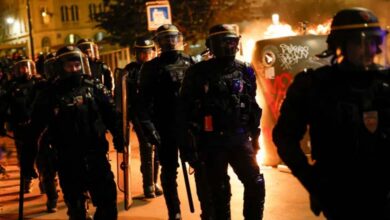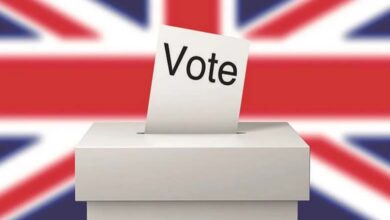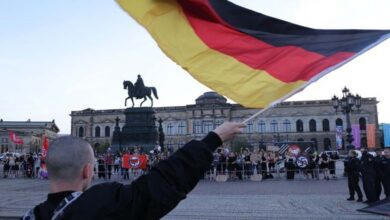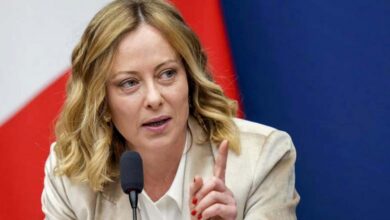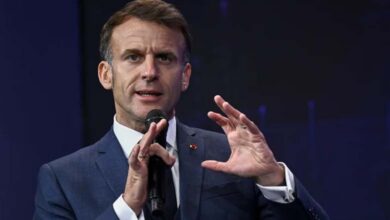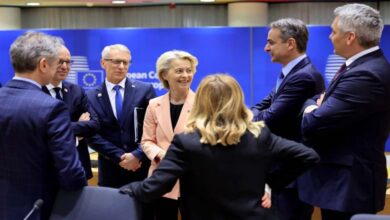British elections: Why Doesn’t King Charles and the Royal Family Vote?
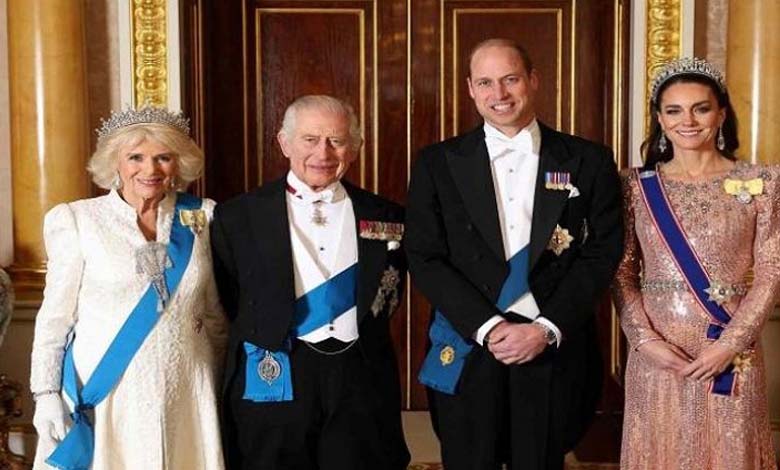
As British citizens head to the polls to choose their new government, some wonder why the King abstains from participating in the voting process.
Polling stations opened in Britain on Thursday for a general election expected to bring a Labour Party government after 14 years of Conservative rule.
On May 22 last year, Prime Minister Rishi Sunak called for a general election, through which UK citizens choose all 650 members of the House of Commons. The party that gains a majority will form the next government, with its leader becoming the Prime Minister, according to People magazine.
Despite King Charles‘s authority to appoint new Prime Ministers (historically, British monarchs have had the power to dismiss individuals from their positions), he and other working members of the Royal Family do not have the right to vote in the race.
The reason for this is that members of the Royal Family remain politically neutral in all matters. Regardless of the responsible political party, the British monarchy and Parliament must cooperate to maintain smooth operations. Similarly, it is incumbent upon the King and members of the Royal Family to meet with foreign leaders regardless of their political affiliations. Therefore, the Royal Family does not vote or publicly express their political opinions.
However, there are no legal restrictions preventing members of the Royal Family from casting their votes in elections.
Robert Blackburn, Professor of Constitutional Law at King’s College London, recently explained to Time magazine that “the King and active members of the Royal Family can legally cast their votes in general elections as qualified citizens, but practically they do not do so,” for clear reasons, especially since it could cause a media stir of speculation and violate the constitutional requirement to maintain the strict political neutrality of the family.
While working members of the Royal Family – including Queen Camilla, Prince William, and Kate Middleton – do not vote, those who do not have an official role can do so. However, it is unclear if many do.
Not all royal families handle politics in the same way. Recently, the children of King Philippe and Queen Mathilde of Belgium, including Crown Princess Elisabeth, who is expected to become the next ruler after her father, voted in the June elections in the country, despite the King and Queen abstaining from voting.
Meghan Markle was the first person in the modern British Royal Family to vote in the US presidential elections in 2020. She and Prince Harry returned to their native California earlier that year after stepping down as members of the Royal Family. Meghan publicly spoke about the importance of voting on several occasions, including in a video with Gloria Steinem.
If Sir Keir Starmer becomes the new Prime Minister after the elections on July 4, he will be the third person to hold this position since King Charles ascended the throne less than two years ago after the death of his mother, Queen Elizabeth.
The latest royal duty for Queen Elizabeth was to appoint Liz Truss as the new Prime Minister on September 6, 2022, just two days before the Queen’s death.
Truss became the shortest-serving Prime Minister in UK history, resigning after 45 days in office. She was succeeded by Sunak, chosen by the Conservative Party, and King Charles commissioned him as Prime Minister during a meeting at Buckingham Palace on October 25, 2022.
-
The rejection of the two-state solution by the Israeli ambassador disappoints the British government
-
British lawmakers are calling for the classification of the Revolutionary Guard as a terrorist organization
The King holds a weekly private meeting with the Prime Minister “to discuss government affairs.”
According to the Royal Family’s website, “although the King remains politically neutral in all matters, he is able to provide advice and warnings to his ministers – including the Prime Minister – when necessary.”



